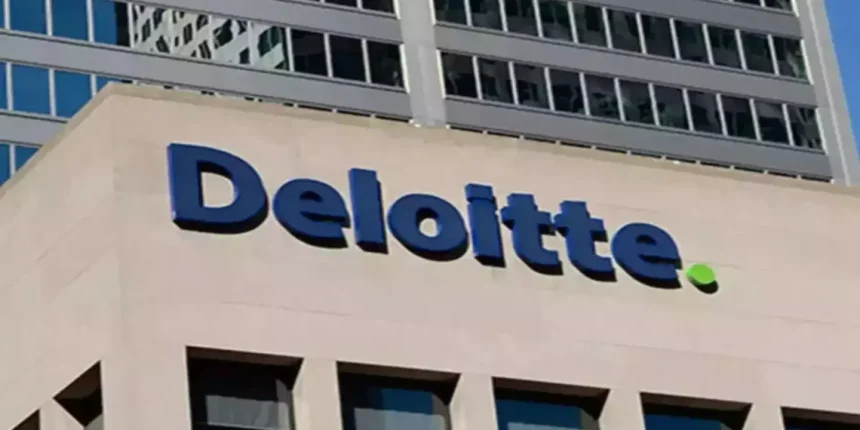Global professional services firm Deloitte has raised concerns about the high debt levels in Ghana and Nigeria, warning that they pose a risk to the growth outlook for both countries.
In its Global Economic Outlook for January 2025, Deloitte highlighted that fiscal policy in West Africa is focused on two primary issues: revenue mobilization and debt restructuring/sustainability. Both Ghana and Nigeria are grappling with significant debt burdens.

Ghana’s Debt Restructuring Efforts Deloitte noted that Ghana is currently undergoing a debt restructuring plan, which has helped the country secure a package from the International Monetary Fund (IMF) along with disbursements and agreements with its creditors. This restructuring is seen as a key step toward improving fiscal health.
Nigeria’s Rising Debt Amid Low Revenue In contrast, Nigeria is facing increasing debt levels alongside a low revenue generation base. Deloitte warned that the widening fiscal gap, partly driven by the new minimum wage, may need to be addressed either through new borrowings or by increasing revenue.

The firm cautioned that higher taxes and tariffs, which would be necessary to boost revenue, could lead to inflationary pressures.
Monetary Policy Outlook Deloitte also forecasts more aggressive cuts to the monetary policy rate in 2025, driven by the decline in inflation towards single-digit levels. This, the firm believes, could stimulate domestic demand and improve overall economic output in Ghana.
In January 2025, Ghana’s inflation dropped by 0.3 percentage points to 23.5%, signaling a further easing of inflation in the coming months. Interest rates also decreased for the first time in several weeks, suggesting a potential shift toward monetary easing.



